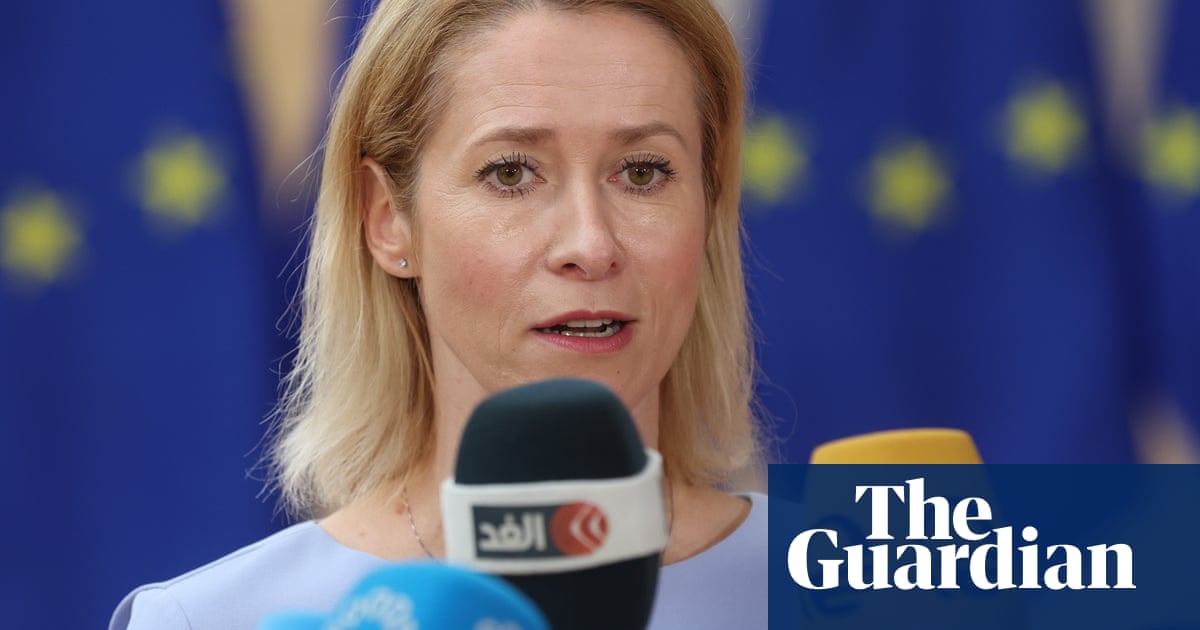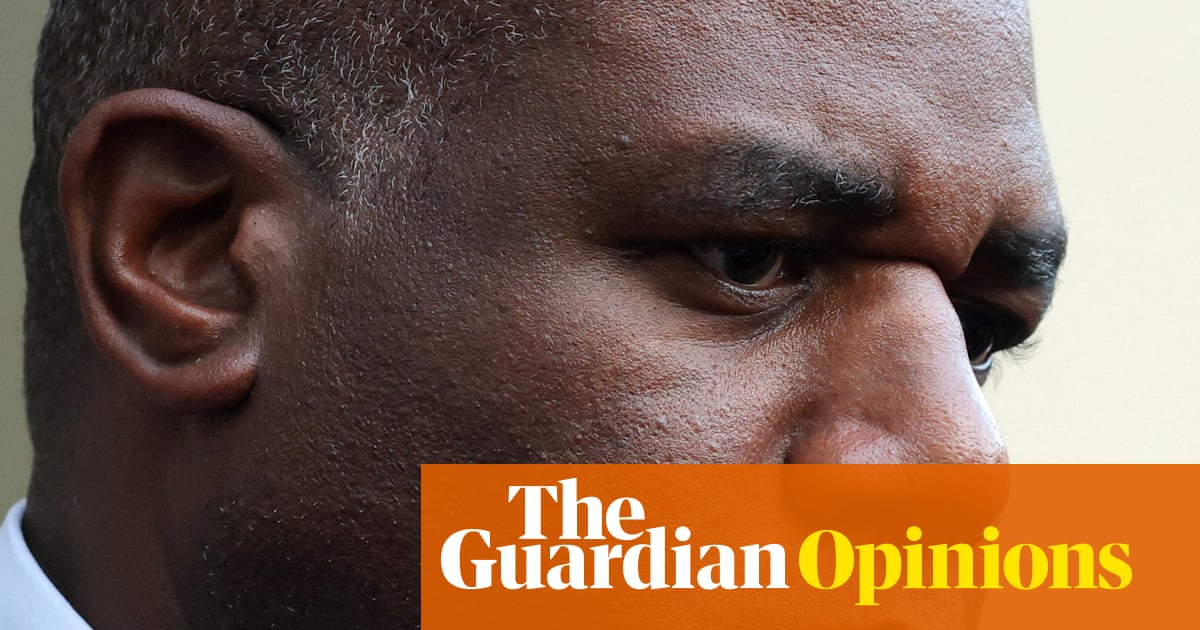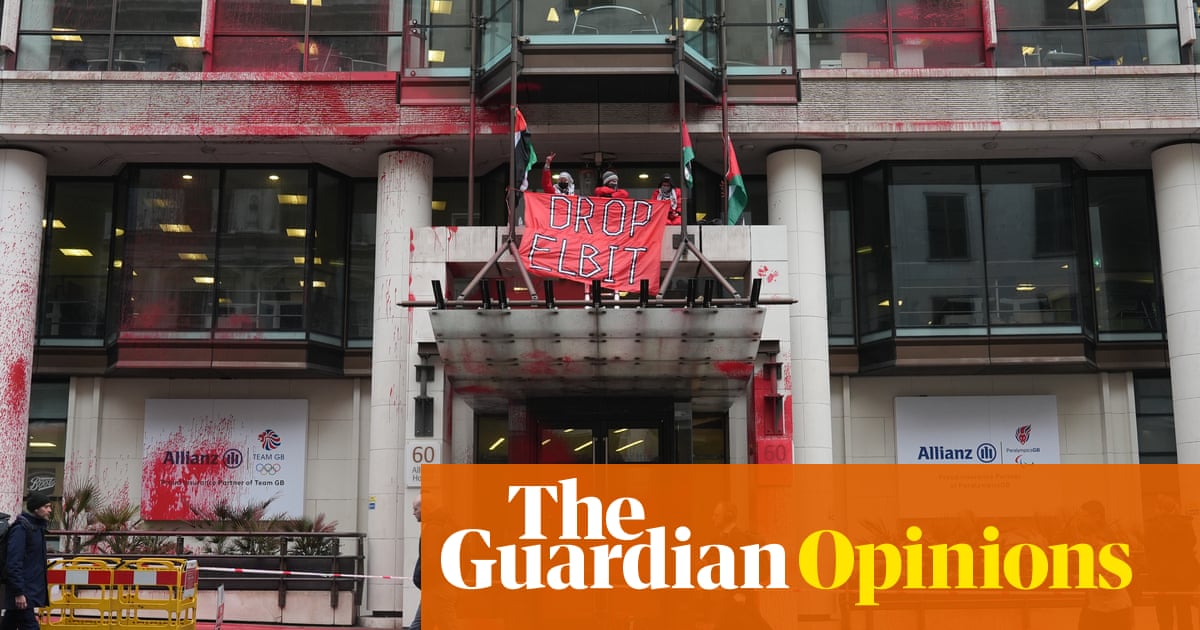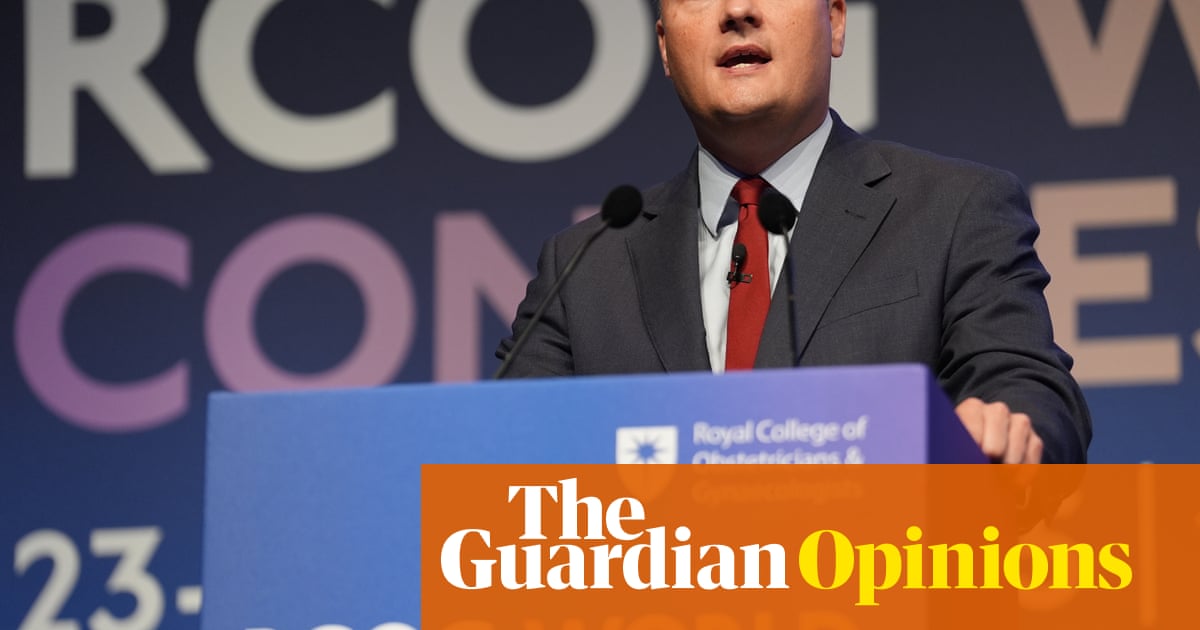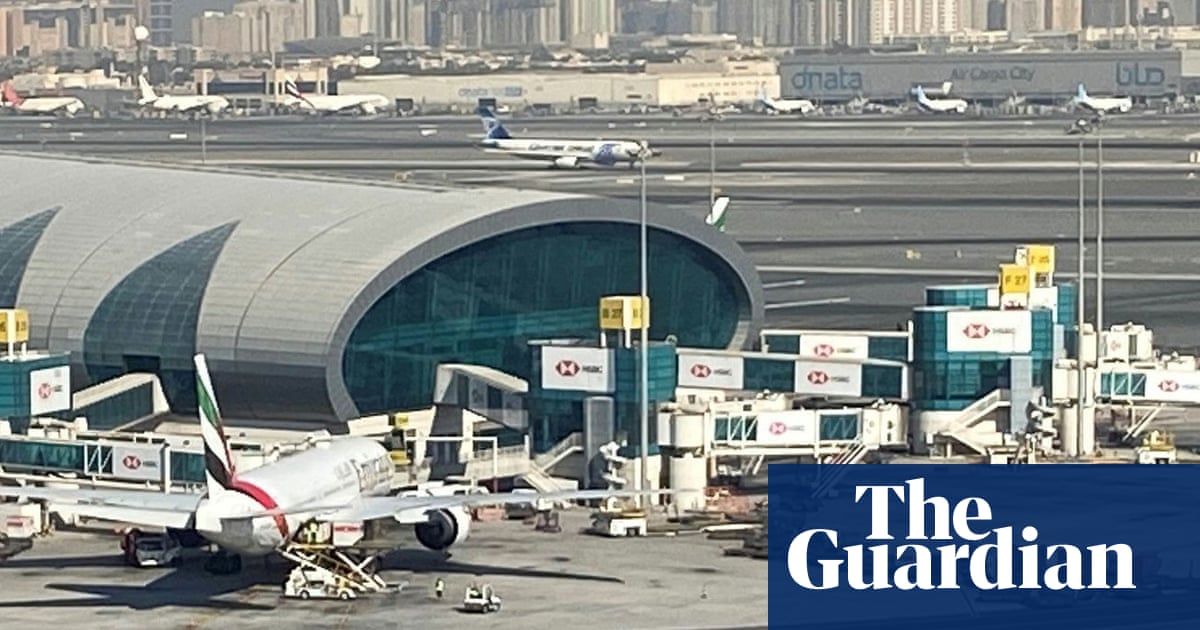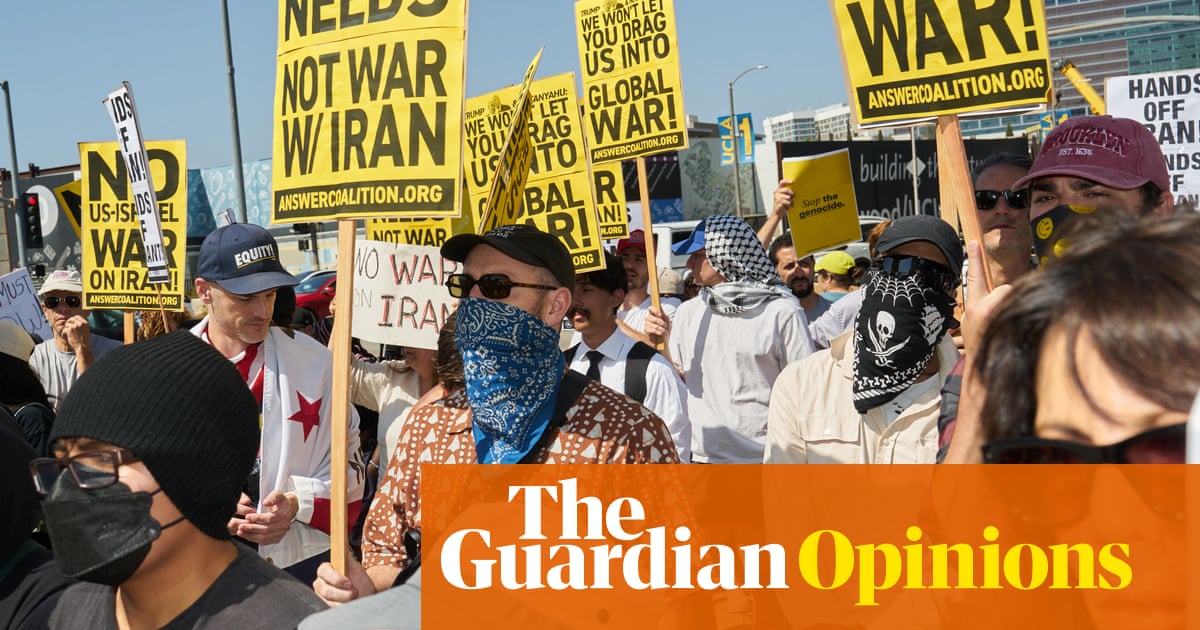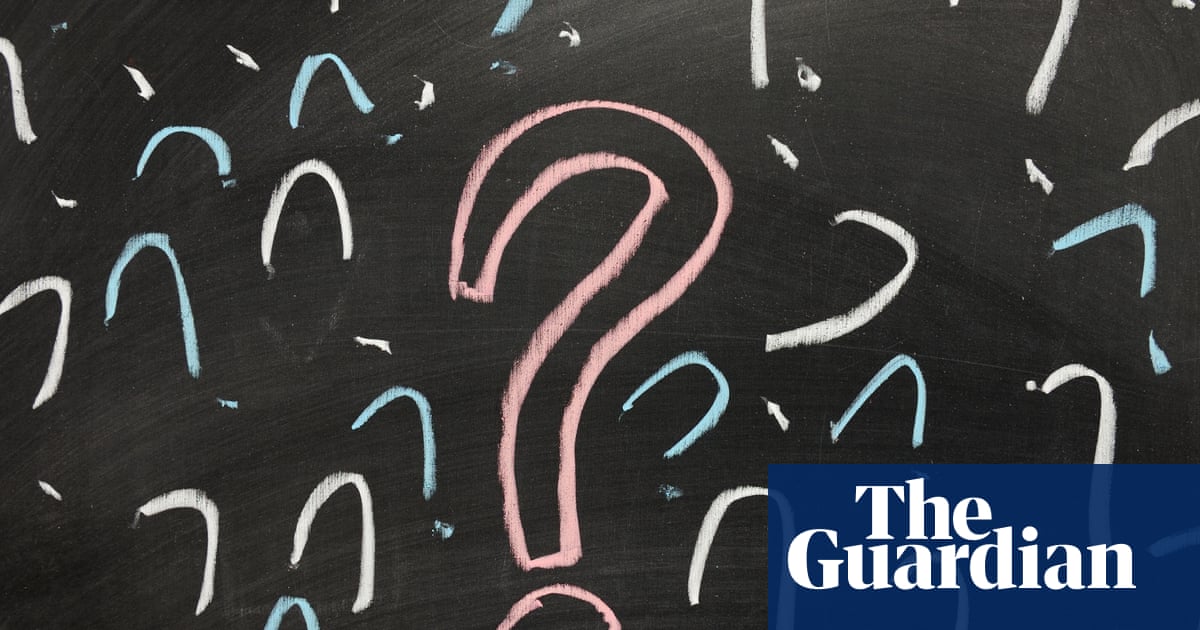As Rachel Reeves powered through her spring statement on Wednesday, telling the country she was “restoring stability to the public finances” few in the House of Commons chamber seemed to know what to make of it all.
Reeves’s message did not seem to resonate with the underlying mood of uncertainty and anxiety at home and abroad. Many Labour MP nodded loyally along with her, trying to impress the whips. Others on the government benches looked grave. Growth forecasts for this year had been halved. Money would have to be raised to meet the chancellor’s own fiscal rules, and the poorest would be the ones bearing the brunt.
Several Labour MPs approached by the Observer on Wednesday afternoon refused to comment in detail on the spring statement, when normally they would have spouted supportive lines issued from central command. “Sorry. Better not say,” said one, turning away at speed. One of the few who did speak said it sounded to her more like the return of austerity than a path to stability.
In the oddly confused atmosphere of the Commons chamber, the chancellor had played up some positives. The minimum wage was about to go up. Interest rates had already come down. Reeves trotted out soundbites about a government “not stepping back, but stepping up”.
But at the heart of her argument lay a contradiction that she felt unable fully and honestly to confront, even if she could not completely ignore it. Midway through, Reeves briefly mentioned that the global economy had turned “more uncertain… as trading patterns become more unstable”, without dwelling on who was responsible for that uncertainty and instability.
It was left to the Office for Budget Responsibility (OBR), in its report alongside the spring statement, to expose the difficulty, and the elephant in the room. In a section headed “risks and uncertainties” the OBR noted that if the United States were to trigger a trade war this coming week “with a reciprocal 20 percentage point increase in tariffs between the US and the rest of the world” (not an unlikely outcome) then UK GDP would be 1% per cent lower than its latest forecast. The effect of that, it added, with devastating clarity, would be to “completely eliminate” the effects of the savings Reeves had just announced, at a stroke. And in turn that would mean Reeves having to come back soon to raise more money, presumably by putting up taxes.

No one in the UK or any other government that trades with the US denies the terrifying reality when talking privately. Officials in top places here and in Europe know that whatever they do to insulate their economies from global uncertainties, Donald Trump can and probably will blow those plans out of the water in an instant.
In European capitals and in Brussels, like here, they are preparing for the worst. The astonishing leak last week of secret military plans for recent US attacks on the Houthi armed group in Yemen have merely underscored the wild unpredictability of the Trump administration.
João Vale de Almeida, former EU ambassador to the US and UK and author of a new book The Divorce of Nations, suggested everyone should tighten their belts for a trade war. “If it looks like a duck and quacks like a duck then it is probably a duck. If the tariffs threat look and sound like coercion, they are probably coercion. And if that is the case no one should be surprised that the EU reacts accordingly, using its anti-coercion toolbox. It is very regrettable, but that is where President Trump’s attitude is leading us. Unfortunately.”
On Thursday, the day after Reeves’s statement, Trump was already flexing his muscles, announcing a 25% import tariff on cars, including those from the UK. On Friday morning leaders of UK car companies met the industry minister Sarah Jones and told her the latest blow came on top of other pressures such as the zero emissions vehicle mandate. The French car manufacturer’s association, Plateforme Automobile, voiced “grave concern” saying “everyone will lose” from a trade war which “could not come at a worse time for Europe”. About 10% of all European car exports are destined for the US: 700,000 vehicles last year. Most are premium models and German carmakers such as Porsche, Audi, BMW and Mercedes will be harder hit than their French counterparts. A hit to German growth will have repercussions for all its neighbours.
Across the globe there are individual trade skirmishes breaking out that the experts fear could be the opening acts of a global conflict.
More Trump tariffs are due to be announced on Wednesday, a day the US president is calling “liberation day”. Most worrying for the UK is the possibility that he will hit more key UK exports to the US, including pharmaceuticals.
Behind the scenes, while political controversy at home has raged over Reeves’s cuts to benefits including for disabled people, much of the most intense work of government over recent weeks has been focused not here but in Washington.

After the business secretary, Jonathan Reynolds, was in Washington 10 days ago to meet US commerce secretary Howard Lutnick and Trump’s trade representative Jamieson Greer, he left behind a team of UK officials to continue urgent talks and negotiations on a trade deal, alongside the ambassador to Washington Peter Mandelson. “There is still hope we can get an economic trade deal to avoid tariffs,” said one government insider. “But we simply don’t know. It is unpredictable. We just have to be there and do what we can.”
The problem is that every other country that trades with the US is lobbying Trump’s team with the same intensity. William Bain, head of trade policy at the British Chambers of Commerce, describes it as “a negotiation like no other” both in its scale and its unpredictability. Some fear the UK could be left looking weak and supine if it does not get a better deal than the EU, having refused so consistently to criticise a word he has said on trade or international affairs since his inauguration.
Sam Lowe, a leading European trade expert who regularly advises government officials and ministers, put it this way: “Next week is a big moment for the UK government. If on ‘liberation day’ Trump applies no additional tariffs, or a lower tariff than that applied to the EU, it will affirm that its current approach of playing nicely with the Trump administration, and the prioritisation of negotiations over threats, is bearing some fruit. If, on the other hand, the UK is hit with a tariff similar to that imposed on countries that have taken a more confrontational approach, the government may need to reconsider.”

Lowe was unsure what ministers could expect: “There are also questions about whether the tariffs already announced – on steel/aluminium and cars – may be lowered or removed. The UK will hope it can make some progress, but so far its pleas for better treatment have been unsuccessful.”
John Springford, associate fellow at the Centre for European Reform, said the economic dangers cannot be overestimated. “If Trump imposes a 25% tariff on cars and car parts on the UK, it will reduce exports to the US – but only £7bn of exports would be affected, out of total exports of £800bn. The far bigger costs would arise from an escalating global trade war, even if the UK does not retaliate. The impact of a global trade war would be stagflationary for the UK. US inflation would rise and the Federal Reserve would cut interest rates more slowly, which would tend to keep UK interest rates up. Higher trade barriers would hurt demand in the EU and the US, with knock-on effects for British exports.” One move that the UK is considering to persuade Trump to back off is to cut its digital services tax which aims to recoup corporate tax from Big Tech firms who dodge them by headquartering in low-tax jurisdictions like Ireland.
The US is also demanding cuts to VAT, which is charged across Europe on US imports. But problems abound, as Springford points out: “If the UK eliminated VAT for the US, it would offer US exporters a subsidy compared to UK producers, since VAT is charged on British goods consumed domestically. That would be costly. It would also violate WTO rules if only US imports escaped VAT, while it was still charged on other imports.”
The other option, that Starmer has been wary of considering so far, is to stand up to Trump. Canada’s new prime minister, Mark Carney – the former Bank of England governor – has made opposition to the US president the centrepiece of his election campaign. On Thursday he warned that Canada would re-evaluate its relationship with its neighbour because it is “no longer a reliable partner.”
After Trump and Carney held their first phone call a day later, the US president – who has spent much of his first two months in office derisively dismissing Canada as the “51st state” – noticeably toned down his rhetoric, describing it on social media as “an extremely productive call. We agree on many things”. Trump later added: “I think things will work out very well between Canada and the United States.”

Ahead of next Wednesday Downing Street is still hedging its bets. Starmer is said to be determined to respond to whatever Trump does by acting “in the national interest”, which might suggest retaliating as the EU seems likely to do. But on the other hand, there is also briefing coming out of the government suggesting that he will not necessarily see Wednesday as the trigger for immediate action, but could allow more time to talk Trump back from the brink.
Even without Trump’s tariffs, the OBR is forecasting “weak growth in imports and exports over the medium term”, which it blames to a considerable extent on the effects of Brexit.
In addition, from 6 April, the increase to employers’ national insurance announced last October will come into effect, hurting businesses which warn of serious impacts on their ability to employ staff. In the June spending review government departments with the exception of health, defence and education will see real-terms cuts of 0.8 per cent, according to the OBR.
At the conclusion of her spring statement Reeves said that what “drives this government” is “delivering security for our country and security for working people”.
That may be the aim. Her determination to put the public finances in order, however painful it might be, has triggered unease in the Labour party. But arguably the bigger debate this weekend should be over the extent to which she has ultimate control.

 2 months ago
44
2 months ago
44

